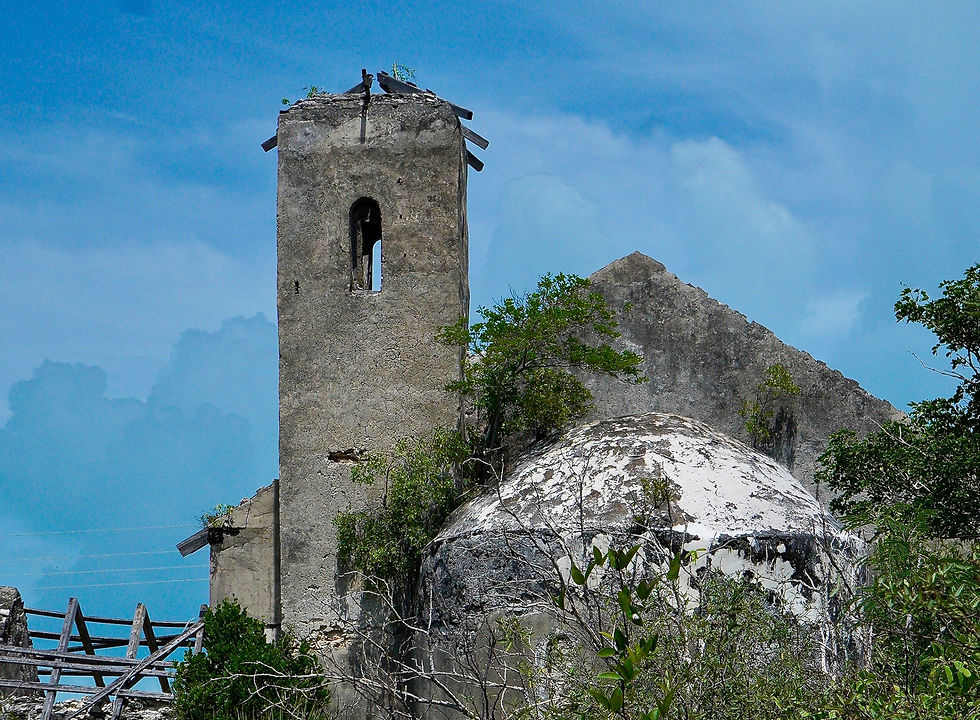Title
Settlement
Text
Land Grant Number
Acres
Date
Text
Text
Text
Give a brief description of the inhabitant. The man. The legend. Do we know any significant details about these guys? If yes, great! Include that here. If not, then this can just be ignored.

James Armbrister
Settlement
Lower Tatnalls
Grants
D-120 (40 acres, date unknown)
James Armbrister. Origin: Loyalist.
In the 1750s the Armbrister family resided in South Carolina, but by 1782, they had purchased a house on a lot in East Florida, for which they would later submit a Loyalist claim.
The family of James Jacob and half-brothers John and Henry Armbrister went from South Carolina to East Florida, and then to the Bahamas, where James eventually went into the mercantile business in Nassau with his half-brother, John. A James Armbrister was born in Nassau on 26 October, 1762, but it is unclear whether this was the subject grantee, or more likely his son. This unexpected anomaly was not interpreted to mean that James Armbrister was an Old Inhabitant, as we found no other records of Armbristers in the Bahamas prior to 1784.
John Armbrister moved to Cat Island in about 1803, and he died there in 1808. Meanwhile, James had married Mary Holmes 19 September 1789, but she died one year later, shortly after the birth of their son James Mullins Guerineau Armbrister, in November 1790. He then married Martha Demeritt at Christ Church on 2 May 1792, and after she died in November 1813, he married a third time to Mary Dorsett in the summer of 1823 at St. Matthew’s Anglican Church, Nassau. She died in 1832 at the age of 30).
James Armbrister was granted 40 acres of land on Long Island in the Lower Tattnall area, date unknown.
In 1787, James Armbrister signed a memorial to Lord Dunmore, requesting that the Assembly be dissolved, and in February of 1788, Dunmore sent the memorial along to Lord Shirley, adding comments about the signers. He described James Armbrister as a “Taylor [sic] formerly a Soldier.” In 1805 Armbrister was elected to The House of Parliament, representing Abaco. For 20 years James was assistant to Secretary (or Registrar General as the office and position were also called), Adam Chrystie. Lastly, he was mentioned in the Royal Gazette (18 November 1813), when he was promoted from Major to Lieutenant Colonel of the New Providence Militia.
Sadly, in 1818 James’s youngest son Robert Chrystie Armbrister, Registrar of Slaves in Nassau, and Alexander Arbuthnot, a Bahamian merchant, were the two men executed by Andrew Jackson in Florida in 1818 as an example to other Indian traders and filibusterers who were keeping Florida in turmoil.
Reference: HB, Parrish, Peters, WikiTree
